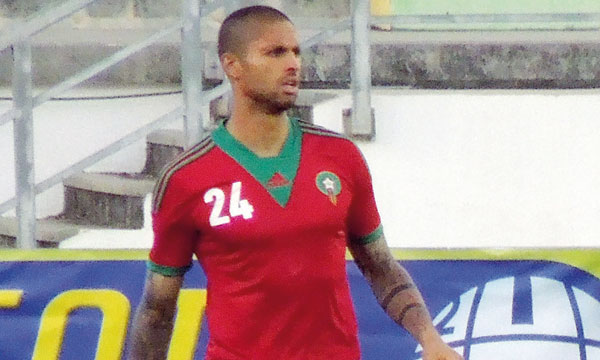The house is burning, and Safa is playing with petrol
Dennis A. Mumble
Loss of Sasol sponsor one of many failures under Jordaan’s watch
As the world celebrates the rise of women’s football, South Africa finds itself mourning a betrayal – and not from opponents on the field, but from those entrusted with the fortunes of the game.
SAFA has reached a critical tipping point. Its institutional credibility has plummeted, its hold barely by a thread. Years of tactical blunders, financial misguidance and deepening executive culture of impunity.
Its failure to renew Sasol’s Banyana Banyana flagship sponsorship is among the most recent signs of collapse.
On June 30, the long-standing sponsorship of the women’s national team expired without a renewal in place.
For 16 years, Sasol stood as a proud partner to Banyana Banyana, helping elevate the team to become a consistent feature at the FIFA World Cup.
Yet, when the moment came to press forward and build beyond legacy – post World Cup winnings and hype, no proposal. No negotiation. No signed deal.
Then came the public blame-shifting from Safa president Danny Jordaan at a media event in early July.
Jordaan attempted to shift the failure onto “the culture in corporate South Africa”, citing a lack of enthusiasm for women’s football.
But the facts paint a different picture. Banyana Banyana’s success is not in dispute. The team is a continental powerhouse, winners of the 2022 Women’s Africa Cup of Nations, with multiple World Cup appearances.
Yet SAFA has either failed or simply not tried hard enough to secure a sponsor. It had two years since the last extension to prepare. And still failed to present one approved budget or proposal for the renewal of the sponsorship.
Beneath the surface, Safa’s financial foundation has completely disintegrated. Consider the facts:
No approved budgets for the 2023/24 and 2024/25 financial years – not even draft budgets.
28c for every R10 owed – a 2024 audit report revealed Safa is effectively trading insolvent.
No financial operations function – the CFO resigned in March, leaving no proper accounting systems for two years.
No grassroot football development, or prize monies disbursed, or prize monies paid out to SAFA regions since 2022.
The audited financial report shows over R76-million paid to Jordaan and executive members in the past five years – more than the total allocated to youth and women’s football combined.
In 2023, in a stunning display of hubris, Safa expanded the number of members on its executive committee to 48 this past weekend – by far the largest of 211 football associations around the world – and more than the executive committees of FIFA and CAF combined.
All of this while the organisation is failing its core mandate: to grow football in the country.
The executive continues to refuse to call for an open, transparent election. It remains hostile to public scrutiny. The audit committee reports are buried. The culture at SAFA is more like a private members club than a public sport association.
Jordaan also insisted that South Africa had submitted a bid for the 2027 Women’s World Cup – an outright lie. No such bid was approved by the government in accordance with the Bidding and Hosting of International Sport and Recreational Events Regulations, 2010.
Yet, Jordaan continues to reference it in campaigners, even as the association teeters on the brink of collapse.
This spectacle of a governing elite refusing to admit failure while spinning fairy tales is what South African football has become:
Jordaan and the CFO, charged with fiduciary responsibility, hiding financial statements;
The Bafana Bafana team was almost kicked out of the World Cup qualifiers due to unpaid match fees;
No women’s World Cup bid even though a simple call to the Ministry of Sport would confirm it;
A lack of transparency around how Banyana’s match bonuses were paid.
SAFA’s hypocrisy in its treatment of women’s football is especially galling.
In 2022 it removed the women’s committee from the constitution.
It simultaneously raised the NEC eligibility criteria, which now effectively eliminates most experienced women administrators.
The results are vivid: disaster since 2021.
Promised structural changes. Promised youth football. Promised unfunded dreams.
The Girl Up Project currently run at the University of Pretoria was pitched for nationwide rollout – and failed.
And now, the flagship sponsorship is gone.
Internal governance now more closely resembles an autocracy than a democratic federation.
Only two ordinary congresses have been held in five years.
The powers of other members have been stripped.
The women’s committee disbanded.
NEC now full of loyalists – with 70% new faces.
The executive committee is bloated beyond logic.
Yet Jordaan remains silent.
The question is not whether Safa has failed.
The question is what next?
When will someone rescue South African football – before the whole house collapses?
By: Dennis Mumble is a former CEO of SAFA












